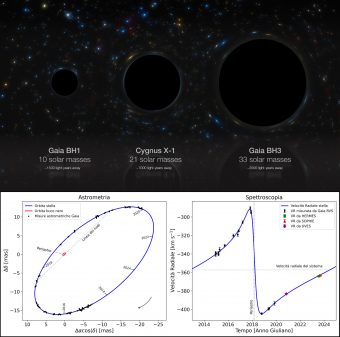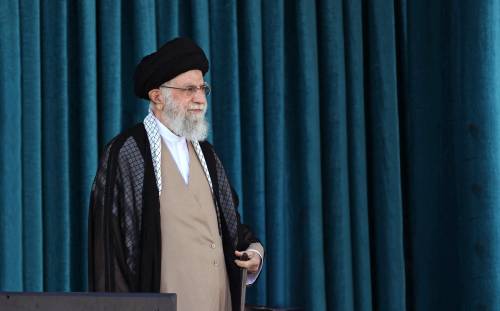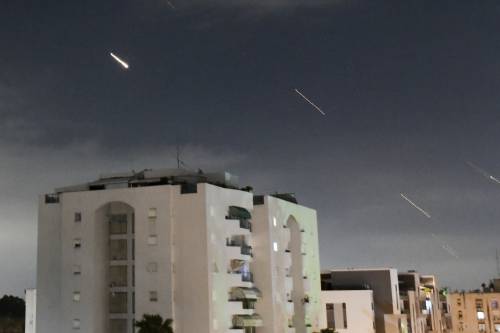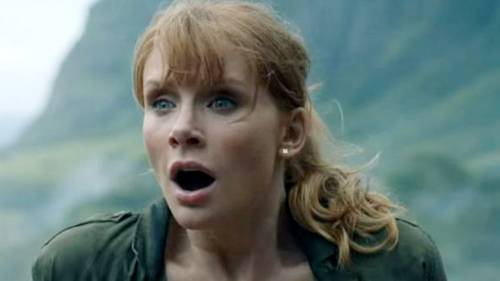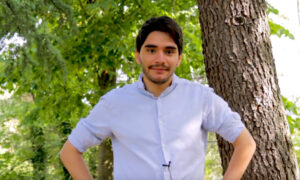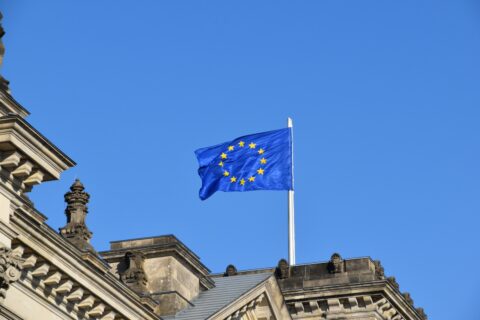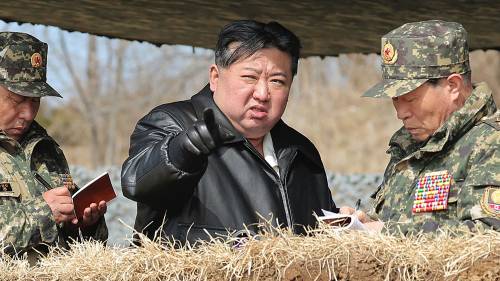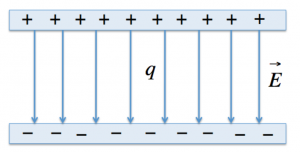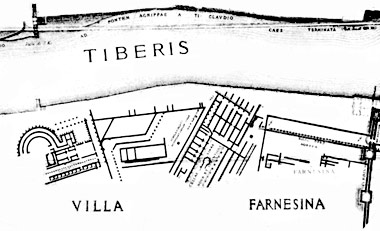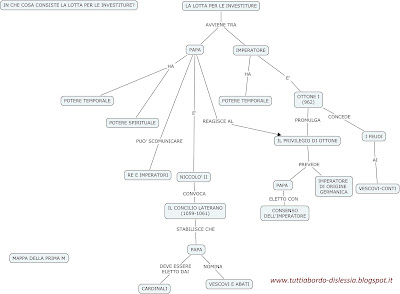From the newsletter of the World Federation of Science Journalists
Misinformation on the Mediterranean
By Fabio Turone
Italy was the first western country to be hit by Covid-19, early in 2020, and it was hit hard, because the lack of an effective pandemic plan was accompanied by a cacophony of incoherent messages from health institutions and from the academic community. A cacophony that was amplified by the media, unable to resist the temptation to capitalize on strong headlines, one day white and the next day black, with a hysterical attitude that is still there, after almost one year.
![]() Carlos Moedas, then EC Commissioner for Research, Science and Innovation, at WCSJ2019 in Lausanne. In a way, the new coronavirus showed very clearly what many science journalists had been repeating in vain for many years, including at the WCSJ 2019 in Lausanne, where Swiss and French, and EU politicians came to speak and to listen (see the video here), while the Italian Ministry of University and Research did not even bother to reply to our invitation: science journalism is an essential asset for democratic societies, and this is especially true during a crisis.
Alas, in Italy science-related topics are systematically misrepresented in the mainstream media: specialized science editors and writers do not belong in the newsrooms anymore, because they were the first ones who were encouraged to leave and were not replaced. The coverage is entrusted by non-specialized reporters and editors from other beats – or to underpaid freelancers, who have to deal with commissioning editors who know nothing about the subtleties of science and use their own criteria for “newsworthiness”. According to a recent report by the observatory on journalism of the Government Authority for Guarantees on Communications AGCOM freelancers are more and more replacing full-time staff, with 75% of freelancers earning less than €5,000 per year from journalism (compared to an average yearly per capita income around €22,000).
If it is true that this cocktail is unpalatable even in normal times, the global crisis made it toxic: alas the academic and scientific communities have proven no better than bad journalism, and have contributed to spread bad information, and in some cases plain misinformation.
At the beginning of December, on the day in which the Ministry of Health announced the vaccination plans – that will start by protecting health professionals – one of the main dailies, “Il Corriere della Sera”, featured a front-page interview with an explicit headline: “We should start to vaccinate school-age kids”. The interviewed scientist was Roberto Battiston, the former director of a National Research Agency, and a highly acclaimed expert… in astrophysics. He has been publishing his own models to predict the peak of the pandemic which were proving correct, so both the journalist – who usually covers movies and theatre – and her editors thought his credentials entitled him to have a say on all pandemic-related issues, without caring to report about the existing scientific consensus.
Just a few days before, the competitor “la Repubblica” had published an analysis that showed that the heavy presence of scientists and clinicians in the media was mostly useless and counterproductive, as it increased the confusion. The authors of the analysis – from a company called Reputation Science – selected virologists, epidemiologists and assorted clinicians (almost exclusively males) who were more often featured in the media and assigned each several scores based on how much they were present in the media, how consistent their message was over time and how worrying or reassuring.
The catchy rankings produced by their analysis made the rounds, presented as “scientific”, despite several obvious conceptual mistakes. One of them, for instance, was considering inconsistent one of the scientists – Andrea Crisanti – who was quoted by many media as saying he would not get vaccinated, when what he really meant was that he would not rely on a company press-release and would wait for published data before accepting to get the jab.
The other huge mistake was assuming that the good scientists are the ones who do not change their mind: apparently the authors themselves did not realise that the scientific evidence on many crucial aspects was initially missing and often weak and contradictory. Some scientists adapted their message to the new papers being published, while many others continued to express personal opinions (sometimes politically motivated) regardless of the accumulating scientific evidence, in the absence of a good journalistic filter.
To add insult to injury, the National Order of Journalists (which is a licensing board supposed to oversee the continuing education of its members and protect professional ethics) has just approved a small change in the code of ethics that is meaningless at best and will open the door to all kinds of deliberate misinformation at worst.
According to the new official text, whenever “there is no certainty” on a scientific topic, the Italian journalist will “have the duty” to report on all existing positions and analyses.
Since certainty does not belong in science, this is misinformation mandated by the professional order. Our national association SWIM had heard about changes in the making, and formally asked twice – in February and June – to have a public discussion on the draft, in vain. Still, we will keep fighting for a better science journalism, because that’s written in our own – unofficial – code of ethics. |





